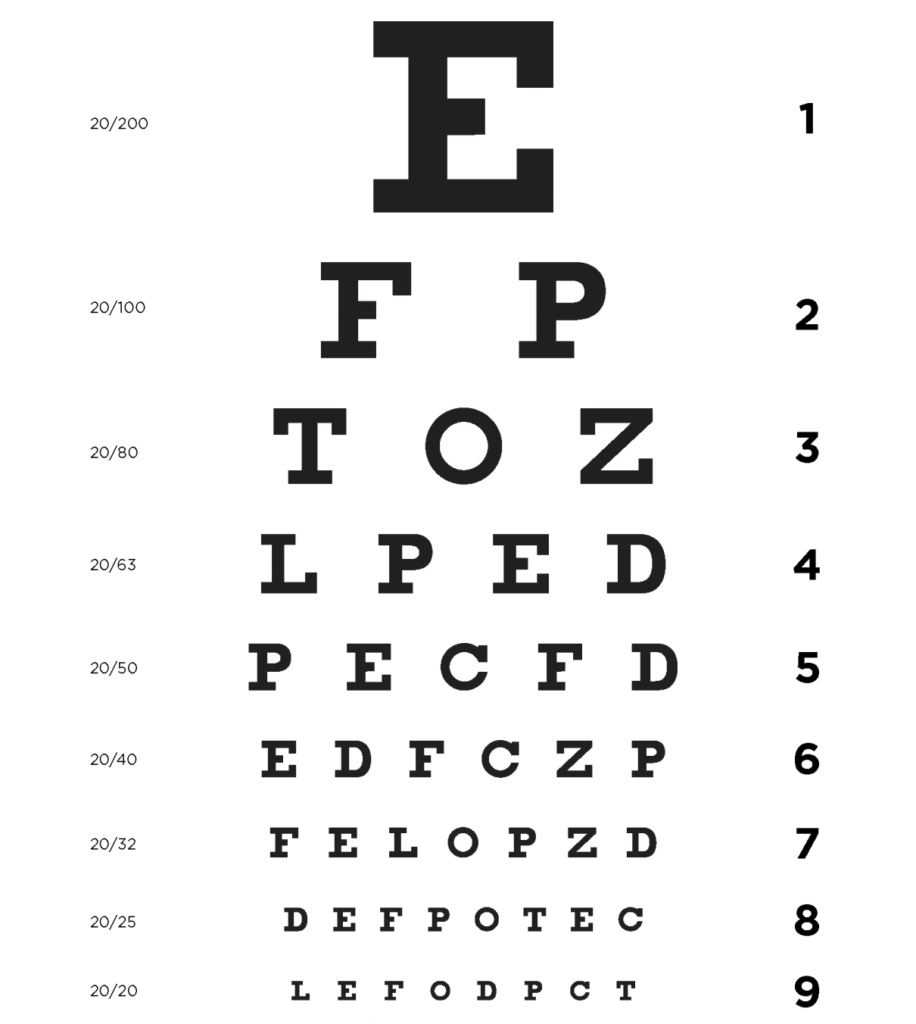Most people think an annual exam is sufficient to maintain healthy sight, but if you are living with specific eye conditions like Macular Degeneration, Cataracts, Glaucoma, or Diabetic Retinopathy, you need more than just the standard exam. Once diagnosed with a low vision condition like the ones mentioned, your optometrist may suggest you have a low-vision evaluation. No one likes to walk into the unknown, so let us discuss what to expect in a low vision evaluation.

The purpose of a low vision evaluation is to help someone effectively use their remaining functional vision and involves several steps:
- Discussing your overall health and that of your family, when you began to experience low vision and any noticeable changes since then
- An examination of the external and internal parts of the eye
- A visual acuity test which is a specialized eye chart test
- An Amsler grid test to check for Macular Degeneration or Diabetic Retinopathy.
- Peripheral vision testing (your field of view), contrast sensitivity, color vision, and depth perception
Your doctor may ask you questions about your daily activities. For example:
- What size of print are you comfortable reading?
- Are you able to see your bills, balance your checkbook, or read your mail?
- Are chores and household activities becoming more difficult because of your vision?
- Does the brightness and glare from the sun or bright lights bother you?
- Are you employed or attending classes? Does your vision loss affect these activities?
What questions should you ask the doctor? Before your appointment, you may want to write down a list of questions. For example:
- What is the name of my condition, and has my condition stabilized?
- What caused this, and is it hereditary? Should my family also be tested?
- What aides or devices are available to help me with daily activities or functions?
- Are there services available, like support groups or rehab facilities that I can contact?
- Do I need to give up driving?
- How can I remain active and independent?
- Do you have any recommendations? Would an Orientation and Mobility Specialist help?
Remaining independent, active, and in control of your life is of the utmost importance. Learning more about eye health and what to expect can remove some of the stress and worry you are facing, and also help you make important decisions so that you may continue to enjoy life.